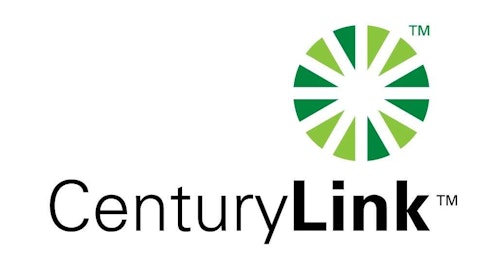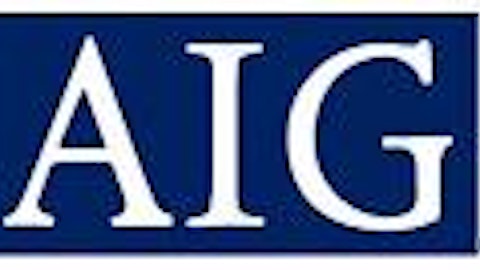
Upon further examination, however, it looks like Buffett made a great deal once again.
The Deal
Berkshire and 3G are putting down $4 billion each, and they are both getting a 50% equity stake in the company. Berkshire will also invest $8 billion in preferred equity yielding a juicy 9%, and Buffett is getting warrants too, but the conditions regarding those warrants have not been disclosed. JPMorgan Chase & Co. (NYSE:JPM) and Wells Fargo & Company (NYSE:WFC) will be in charge of raising around $7 billion in extra debt for a total of nearly $23 billion.
Heinz will be a more leveraged corporation after the acquisition, and 3G will be in charge of running the company. 3G has a solid reputation when it comes to managing consumer companies, and Heinz owns very valuable brands, so the company should do well over the next years. International expansion and adding more products to the distribution network are two obvious growth avenues for the company in the middle term. Buffett likely won’t want to be associated with harsh cost cuttings, but 3G should make sure to keep costs under strict control.
Is this a leveraged buyout? It depends on how you see it. Buffett is not planning to flip the company for a profit in the future, and that’s an important difference versus traditional LBOs. On the other hand, the new Heinz will be a highly leveraged corporation, and that additional debt is one of the ways in which equity investors expect to see increased returns, so leverage is an important component of the agreement.
The Rationale
To begin with, the 9% that Buffett is getting on his preferred shares is a spectacular yield, especially in times of ultra-low interest rates. Heinz has generated between $800 million and $1 billion in free cash flows per year in recent years, and the preferred dividends should amount to something like $720 million – 9% of $8 billion – so Buffet is getting a big chunk of the annual cash flows generated by Heinz.

This is not only relevant in terms of the yield that Buffett is getting, it’s also very important when it comes to incentives. 3G will need to make sure that Heinz produces growing cash flows over the coming years if common shareholders are going to benefit from this deal.
When it comes to upside potential, we still don’t know the details about those warrants that Buffett is getting, but if history is any guide, investors in Berkshire have reason to feel optimistic about that part of the deal.
Buffett has invested in a combination of preferred stocks and warrants in General Electric Company (NYSE:GE), Goldman Sachs Group, Inc. (NYSE:GS) and Bank of America Corp (NYSE:BAC), in recent years, and in the three cases he seems to have done some very convenient deals.
GE was a $3 billion investment including preferred stock with a 10% yield and warrants for $3 million in common stock at a price of $22.25. Since General Electric is already trading near 23.5, it looks like those warrants have been a smart decision from Berkshire’s perspective.
The Goldman Sachs deal was for $5 billion in preferred stock yielding 10% and warrants for 43.5 million shares at 115 per unit. Those warrants are already comfortably in the money as Goldman is trading above $157 per share nowadays.
Bank of America was the most profitable of the three; Berkshire invested $5 billion in preferred shares yielding 6% and warrants for 700 million shares at 7.14. At the current price of $12 per share for Bank of America, this was a particularly sweet deal for Buffett.
These deals were negotiated in times when GE, Goldman and Bank of America were in desperate need of capital, so I wouldn’t expect the same kind of profitability from the Heinz warrants. However, Buffett has proven that he understands how to structure these things, so he will likely make extra money from the warrants too.
Bottom Line
When first looking at Heinz valuation in this acquisition, this doesn’t seem like a particularly smart move by Buffett. But by analyzing the financing and the structure of the deal, it becomes much clearer that he is still making fantastic investments to the benefit of Berkshire shareholders.
The article How Warren Buffett is Making Money These Days originally appeared on Fool.com and is written by Andrés Cardenal.
Copyright © 1995 – 2013 The Motley Fool, LLC. All rights reserved. The Motley Fool has a disclosure policy.





